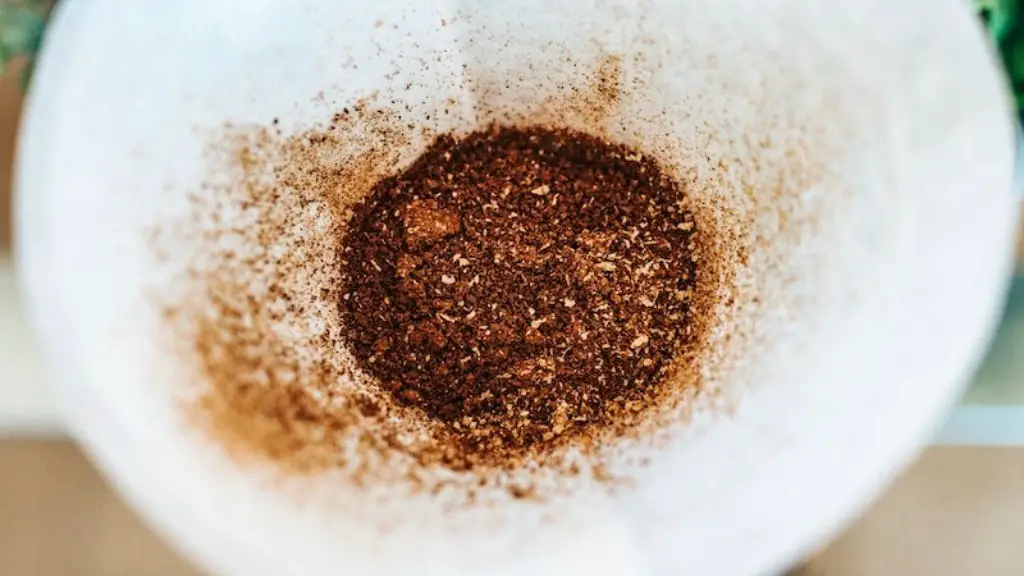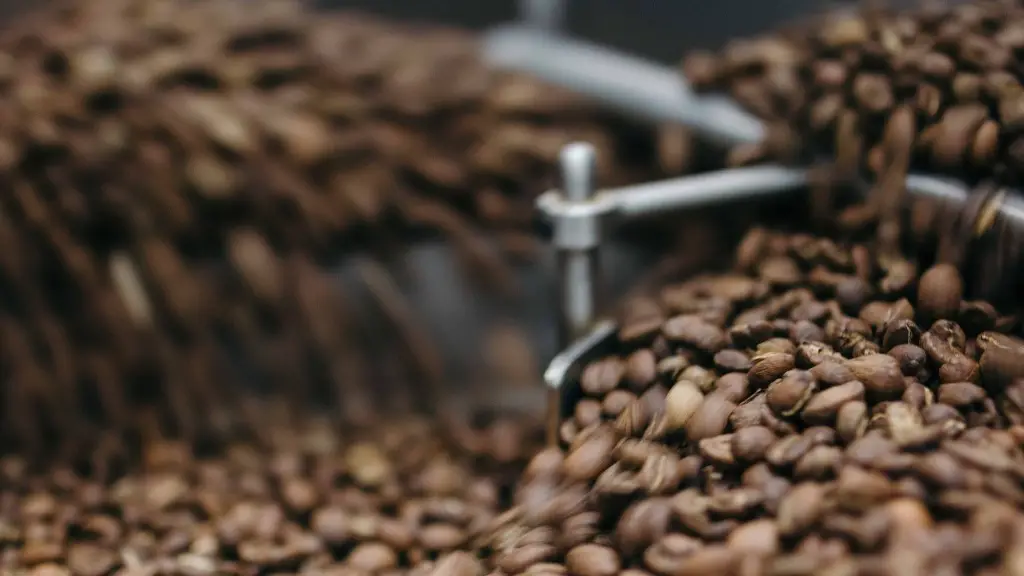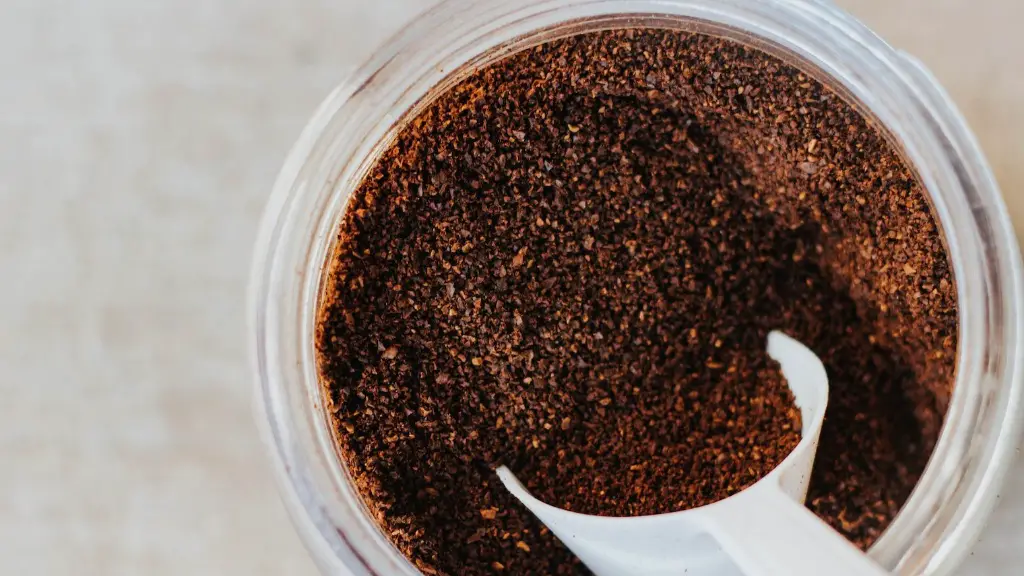Drinking Coffee while on Antidepressants
Since its discovery more than two thousand years ago, coffee has become the second most heavily traded commodity in the world. [1] Many of us depend on it to jumpstart our mornings or to get us through that 3 p.m. slump; however, for those of us who are already taking antidepressants for depression, anxiety or another mental health issue, coffee can have dangerous repercussions. Before you crack open that cup of joe, it is important to know all the facts about the effect of coffee on those taking antidepressants.
A common misconception is that coffee will interact with the antidepressant and make it ineffective. This is actually not true. Antidepressants do not interact with coffee; however, the added caffeine in coffee can potentially interfere with the effectiveness of the medication. [2] Coffee has a direct effect on the central nervous system; it is a stimulant and can cause a rise in blood pressure, heighten the risk of agitation, cause sleep disruptions, and can even trigger a panic attack in some. [3] People who are on antidepressants are more likely to experience these effects because they are already dealing with an altered brain chemistry. Unfortunately, it may be difficult to tell if the coffee or the depression medications is the underlying cause. Also, some antidepressants cause more of a reaction with caffeine than others.
It is not necessarily the caffeine that is an issue when combined with the antidepressants; rather, it is the amount of caffeine being ingested. Moderate consumption—meaning up to three cups a day—is generally accepted as being “safe” when taken with antidepressants. [4] It is important to understand though: if you are already experiencing any side effects from the antidepressant or are in a particularly vulnerable mental state, even one cup of coffee might be too much. Furthermore, if you are already experiencing symptoms such as restlessness, trouble sleeping, high blood pressure, or the jitters, you may want to cut down the amount of caffeine you are consuming from all sources, including coffee.
The safest approach is to proceed with caution. If you are taking antidepressants, it would be wise to test how you respond when you drink coffee. Keeping a journal of how you feel before, during, and after drinking coffee can help you gauge the ramifications of your caffeine consumption. According to William Wikler, a clinical psychologist, if you take antidepressants it is important to “slowly increase or reduce [your] caffeine intake up or down” to establish the levels that work best for you. [5]
It is best to consider your overall health when drinking coffee while on antidepressants. It is reasonable to assume that antidepressants will intensify the effects of caffeine, so drink coffee sparingly if you are taking an SSRI antidepressant. If it is necessary to drink more than the recommended amount of coffee per day, it is recommended that you do it at an earlier hour of the day, consume decaffeinated coffee, and reduce your consumption of other caffeine-containing beverages like energy drinks.
How Does Coffee Affect Your Mental Health?
Coffee can be beneficial to your mental health in many ways. Caffeine is a stimulant and its consumption can stimulate alertness and enhance concentration. [6] It can even improve mood, especially if consumed in a setting surrounded by friends and loved ones. Additionally, it is a source of antioxidants and certain compounds found in coffee beans—like polyphenols and flavonoids—are believed to have neuroprotective properties that could potentially slow down the aging process in the brain and reduce the risk of getting Alzheimer’s and dementia. [7]
Despite the potential benefits of coffee, it is important to note that it does affect the body in an acute and long-term way and that it can also impair the body’s ability to restore equilibrium when taking antidepressants. Caffeine has been known to cause headaches, heartburn, insomnia, general restlessness, and erratic behavior. Despite coffee being able to temporarily boost your energy levels, when people are constantly drinking coffee, it can become more difficult to get restful sleep due to the caffeine’s disruptive effects on the regular sleep/wake cycle. In this case, coffee can become more of a detriment to overall mental health than a benefit.
Addiction is another potential risk factor that needs to be taken into consideration. As with most things, when consumed in moderation, coffee can be enjoyable and beneficial; however, excessive use of coffee can lead to an unhealthy reliance, feeling anxious or distressed when it is not consumed, and increased irritability. [8] It is important to be aware of this so you can avoid developing an unhealthy relationship with the beverage.
Coffee and Caffeine Intake Recommendations While Taking Antidepressants
If you are taking antidepressants, it is advisable to keep your daily caffeine intake to no more than 300 milligrams per day, for a single adult (or about three 8 oz. cups of coffee). [9] When first starting to drink coffee, pay close attention to how you feel and take note of the effects it has on your mental and physical state. Depending on your current mental health and the medications you are taking, it might be more beneficial to avoid coffee altogether. If you are concerned, it is best to speak to your doctor and get medical advice.
The more you understand how your body responds to coffee, the better decisions you can make about your diet and lifestyle. This can be critical when taking antidepressants. Monitor your bodily reactions and, if necessary, reduce your intake of caffeine, keep to decaffeinated options, or even take a break from the beverage for a period of time. Additionally, seek professional help if your mental health is negatively affected by your coffee consumption.
Additional Benefits of Reducing Caffeine Intake While Taking Antidepressants
The most significant benefit of reducing your intake of caffeine when taking antidepressants is obviously better mental health. If it turns out that your antidepressants increase the sensitivity of your body to the effects of caffeine, then reducing your intake is necessary. Doing this will help reduce any nervous symptoms as well as promote better sleep.
Aside from improved mental health, reducing your intake of caffeine can also improve overall physical health. Caffeine is a natural diuretic and consuming the beverage can therefore lead to dehydration if it is not consumed with enough water. In addition to this, caffeine has been linked to gastrointestinal issues such as irritable bowel syndrome. [10] Reduce your cravings and consumption of the beverage and this might help reduce bloating and other gastrointestinal symptoms.
Moreover, while it is not known to cause any health issues, too much caffeine has been known to lead to anxiety and restlessness. [11] It can also have a negative effect on blood pressure, especially when taken with antidepressants, so it is best to keep your consumption of coffee to a minimum. Reducing your intake of the beverage can help the body restore its equilibrium and make you feel more relaxed and comfortable.
The Best Alternatives to Coffee
You can switch to decaffeinated coffee, but that might still be too strong of a brew if you are sensitive to the effects of caffeine. Fortunately, there are many other options out there that can provide the energy boost one gets from coffee and are less likely to trigger adverse reactions from antidepressants. These include matcha, golden milk (made from turmeric and other spices), yerba mate, and green smoothies. [12]
Herbal teas are a great source of antioxidants and can even provide relief from insomnia or anxiety. Some examples are chamomile, peppermint, lavender, and lemon balm. Additionally, there are drinks like kombucha, coconut water, and berry juices that contain electrolytes and have a slightly carbonated taste similar to the bubbly taste of a freshly poured cup of coffee. [13]
If you do not need the pick-me-up that coffee usually brings, you can switch to whole grain cereals, like oatmeal or buckwheat. Eating fruits high in antioxidants, like raspberries, blueberries, and blackberries is also a great way to provide the body with more energy naturally. Nuts are excellent snacks that combine the benefits of protein, natural fats, and complex carbohydrates to help power your day. [14]
Summary and Final Thoughts
Kicking back a cup of joe might not be the best idea for those already taking antidepressants. It is important to consider the effects of caffeine on the body and especially on the brain when in conjunction with antidepressants. Coffee can have both beneficial and detrimental implications when taken with antidepressants, depending on the person and the specific medications taken. Pay attention to the signs your body gives you in response to coffee and be considerate of your mental health. If coffee leads to jitters or agitation, then it might be best for you to switch to a decaffeinated option or one of the suggested alternatives above.




